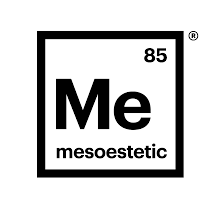BAAPS President Rajiv Grover has spoken out over his concern that recommendations made to government months ago are not being implemented – a view that is echoed by much of the aesthetic medical industry.
In April of this year the final Keogh Review report was published and presented to government. In it, recommendations were made that the administration of non-invasive cosmetic procedures such as Botox and fillers should be carried out by qualified medical practitioners alone. At the time the review found the current deregulation of dermal fillers a “crisis waiting to happen.”
Now, six months after the recommendations were made, there has still been no action to tighten regulation within the industry which Grover deems to be “shameful”, adding:
“I like to hope that something will improve (however) there have been reviews before and none of them were taken up.”
The British Association of Dermatologists reaffirms his view and has responded in kind to the so-far lack of parliamentary response on the matter. In a statement spokesperson Deborah Mason said:
“When things go wrong with dermal fillers clients do not go back to their beauty therapist but seek help from dermatologists. This may give the false impression that these procedures are safe to those not medically skilled to deal with or understand the risks.
“We would like to see specific training in these procedures for medical and non-medical practitioners.”
The Department of Health has responded to the criticisms in a statement, stating:
“The government agrees with the principles of Sir Bruce Keogh’s recommendations and we are considering the report carefully and will put our detailed response to parliament shortly.”
Cosmetic Courses offers aesthetic training to qualified medical professionals from centres in Buckinghamshire and Manchester. Call us on 01844 390110 for details.










